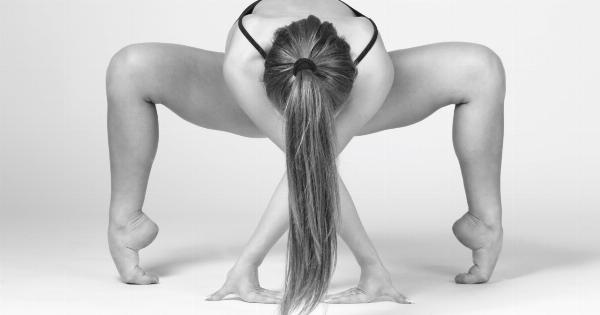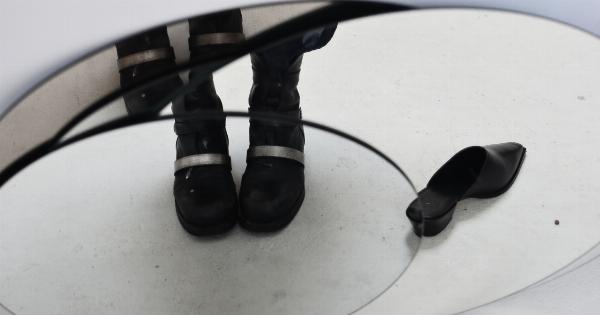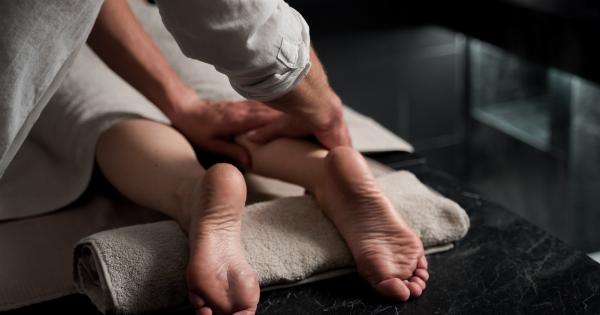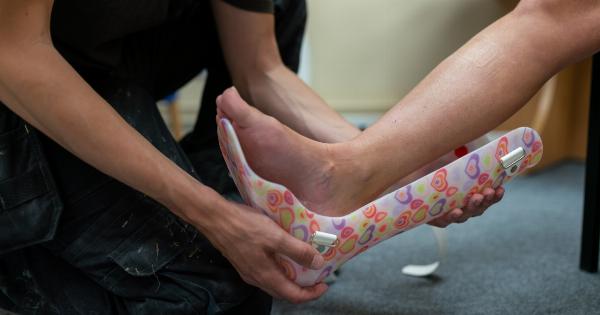Our feet bear the weight of our entire body every day. They are subjected to constant pressure and friction, confined spaces, and exposure to harsh elements such as heat and cold.
With the daily wear and tear, our feet demand proper care and attention, including adequate hydration. Despite the importance of hydrated feet, a large number of people tend to overlook this aspect, leading to dry, cracked, and unattractive feet.
Let us explore the significance of foot hydration and how to maintain it for healthier and more attractive feet.
The Role of Hydration in Foot Health
Our feet have several layers of skin, and the topmost layer is composed of dead skin cells that protect the inner layers. Dead skin cells are constantly being shed, and new cells are generated to replace them, resulting in a cycle of skin renewal.
However, factors such as age, genetics, health conditions, and environmental factors can disrupt this process, leading to various foot problems.
One of the primary reasons for foot problems is dehydration. Dehydration occurs when the body loses more fluids than it absorbs, leading to a lack of moisture in the skin and other tissues.
In the case of feet, dehydration can cause dryness, flakiness, and cracking of the skin, making them more susceptible to infections and injuries. Additionally, dehydration can lead to the formation of calluses, corns, and blisters, which can be painful and uncomfortable.
Furthermore, inadequate hydration can affect the nails and cuticles of the feet, leading to brittle and discolored nails, inflammation, and infections.
Poor nail health can also contribute to other foot problems, such as ingrown toenails, which can be excruciating and require medical attention.
Tips for Maintaining Foot Hydration
Proper hydration is essential for maintaining overall foot health and appearance. Here are some tips for keeping your feet hydrated and healthy:.
1. Stay Hydrated
The first step to maintaining foot hydration is to ensure that your body is well-hydrated. Drinking plenty of water and other fluids such as herbal tea, coconut water, and fresh juices can keep your body hydrated and prevent dehydration.
Moreover, foods that are rich in water content, such as cucumber, watermelon, and oranges, can also contribute to foot hydration.
2. Moisturize Regularly
Moisturizing is an essential step in foot care, and it should be done daily. Applying a good quality foot cream or lotion after a shower or bath can help lock in moisture and prevent dryness.
Look for products that contain natural ingredients such as shea butter, aloe vera, and jojoba oil, which have moisturizing and healing properties. Additionally, try to avoid products with harsh chemicals that can damage or irritate the skin.
3. Soak Your Feet
Soaking your feet in warm water can help hydrate the skin and relieve dryness and discomfort. Adding Epsom salts or natural oils such as lavender oil or tea tree oil to the water can provide additional benefits and promote relaxation and healing.
Soaking your feet for 15-20 minutes, once or twice a week, can help maintain foot hydration and prevent foot problems.
4. Wear Proper Shoes
The type of shoes you wear can greatly affect foot hydration. Wearing shoes that are too tight or too loose can lead to friction, sweating, and moisture loss, resulting in dryness and discomfort.
It is essential to choose shoes that fit well, provide adequate support, and allow your feet to breathe. Additionally, wearing socks made of natural fibers such as cotton or bamboo can help absorb sweat and prevent moisture buildup.
5. and Dry Your Feet Properly
After showering or soaking your feet, it is crucial to dry them properly. Leaving your feet wet or damp can cause moisture loss and increase the risk of fungal or bacterial infections.
Use a soft towel to pat your feet dry, paying extra attention to the spaces between your toes. You can also use a hairdryer on a low setting to dry your feet thoroughly.
6. Avoid Excessive Heat and Cold
Extreme temperatures can affect foot hydration, leading to dryness and discomfort. Avoid exposing your feet to excessive heat or cold for prolonged periods.
If you need to wear shoes or walk on hot surfaces, use protective measures such as insoles or foot powders to prevent sweating and moisture loss. Similarly, in cold weather, wear warm and protective footwear and avoid walking on icy or wet surfaces.
Conclusion
Foot hydration is a crucial aspect of foot care and plays a significant role in maintaining healthy and attractive feet. Inadequate hydration can lead to several foot problems such as dryness, cracking, and infections.
By following the simple tips mentioned above, you can keep your feet hydrated, healthy, and beautiful. Proper foot care not only improves foot health but also promotes overall well-being, as healthy feet are essential for mobility, balance, and posture.



























